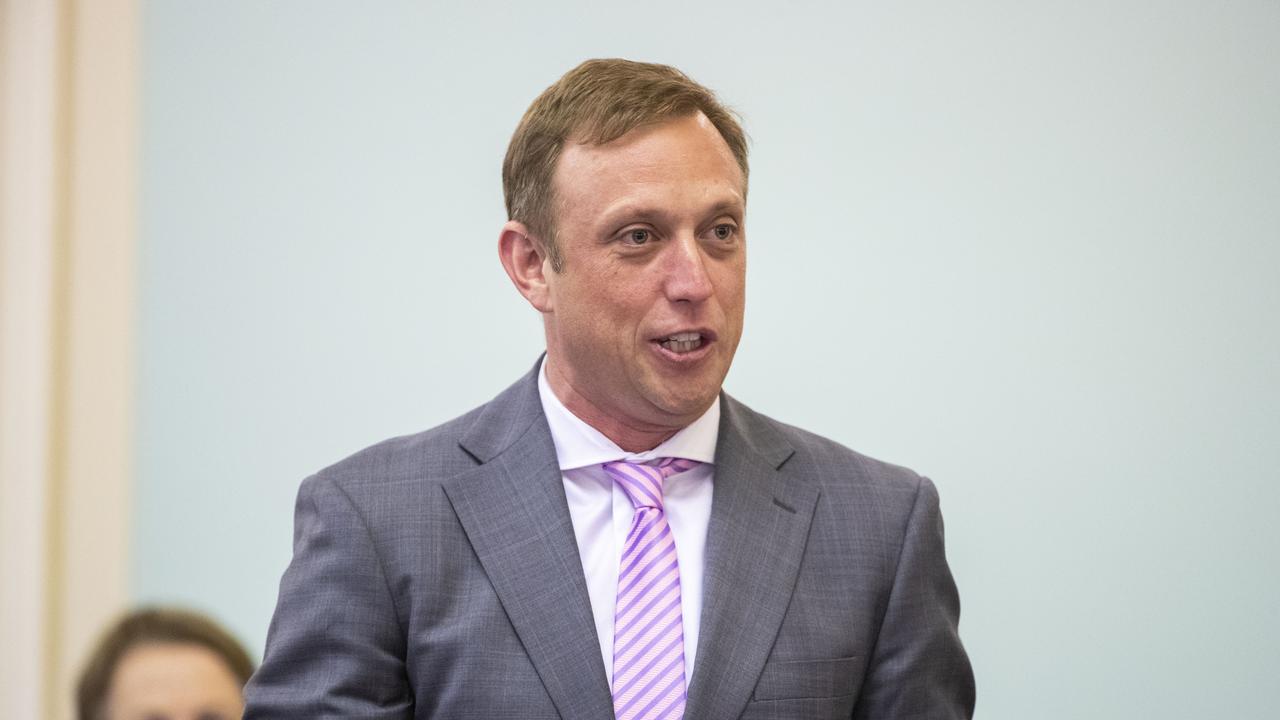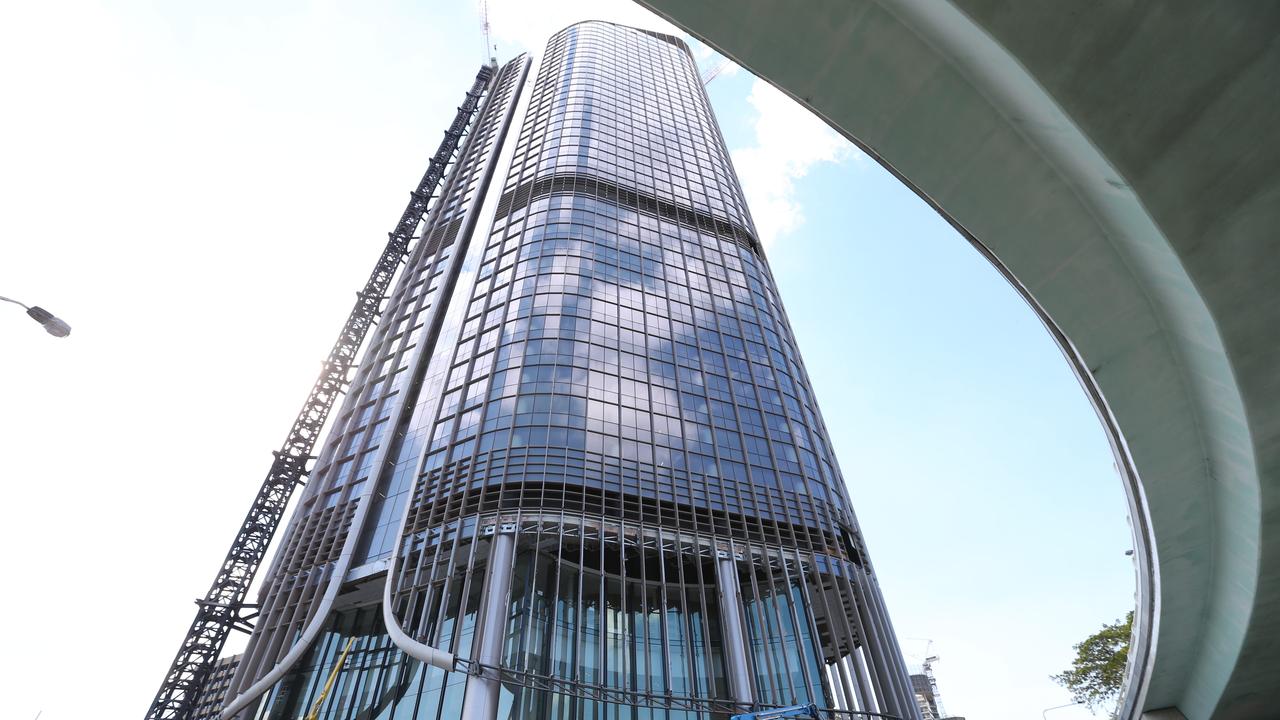One Nation’s Stephen Andrew makes history as South Sea Islander descendant MP
HE IS ONE Nation’s sole representative in the Queensland Parliament, but that’s not the only reason Stephen Andrew is making history.
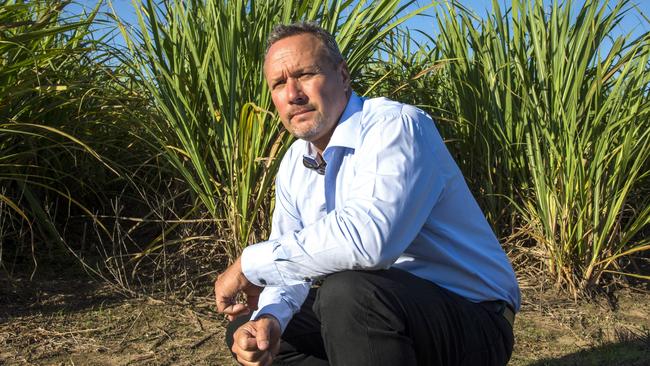
QLD Politics
Don't miss out on the headlines from QLD Politics. Followed categories will be added to My News.
FROM links to slavery in north Queensland’s canefields to the halls of power, Stephen Andrew will create history on February 13 when he is sworn into the 56th Queensland Parliament as the first direct descendant of a “kanaka’’ to become an Australian MP.
The extraordinary story of Andrew’s ancestors, who along with up to 60,000 others, were recruited from the South Sea islands to work on Queensland sugar plantations, will feature heavily in the new One Nation MP’s maiden speech as he pledges to use his parliamentary power to fight for recognition for perhaps Australia’s most marginalised and ignored minorities.
In a series of exclusive interviews, Andrew tells Insight a key influence in his life has been his grandfather Cedric Andrew, the grandson of what was once widely known as a “kanaka’’ (now considered a derogatory term), and a legendary figure in the Mackay region.
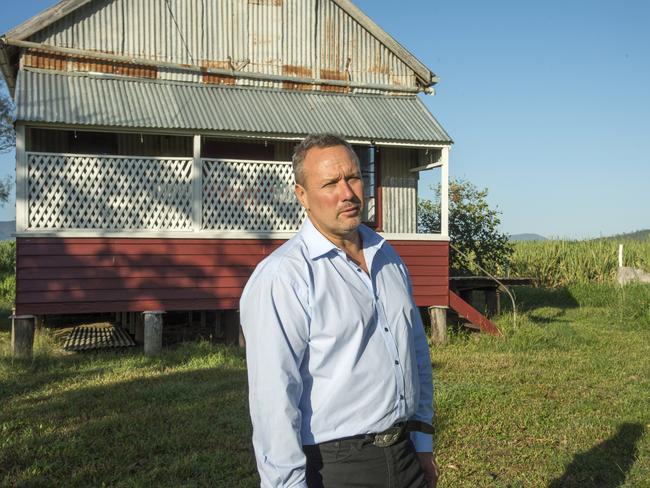
Andrew says he uses the word sparingly, and only to differentiate between cultural groups from the South Seas and the Torres Strait.
“What is important to me, and for the South Sea Islander community, is that I am the only direct descendant of a Kanaka to be elected to an Australian Parliament,’’ he says.
Born in a shanty on the banks of Mackay’s Sandy Creek in 1911, Cedric, who died in October 2012 at the age of 101, was acknowledged as Australia’s oldest South Sea Islander and a direct descendant of those who arrived under the old “blackbirding’’ regime.
Cedric Andrew’s grandparents, Charlie and Lucy Querro, were believed to be blackbirded from Oba Island in the Vanuatu group about 1890 to work in the sugar industry.
There is strong evidence that blackbirding (or kidnapping), which began in about 1860 as Queensland’s sugar industry grew, was concentrated on areas including Vanuatu, the Solomon Islands and New Caledonia, as well as Papua New Guinea.
Andrew says his grandfather passed on his knowledge of the horrors inflicted on South Sea Islanders, including pointing out a place in the Mackay suburb of Cremorne where islanders were “shackled in chains like dogs’’.
“I spent a lot of time as a young bloke with my grandfather, who was a committed Christian and who taught me the simple values of honesty, hard work, respect for others, and respect for yourself,” Andrew says.
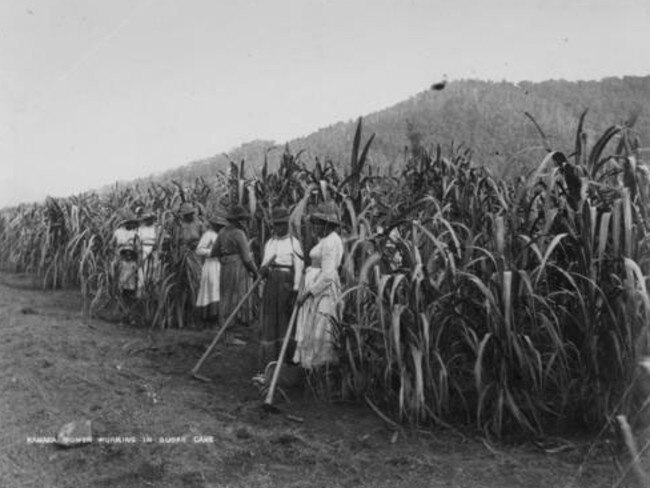
“I want Queenslanders and the rest of Australia to know about the history of the South Sea Islanders. But what I want more than that is to help this state try to achieve what my grandfather always wanted – fairness for everyone, regardless of their race, colour or religion.
“My grandfather wanted the best for people. He lived for 100 years without having to put people down, without having to laugh at other people’s misfortunes, without having to be spiteful and attack other people behind their back.
“He lived all those years without ever even having to use swear words or get angry, steal or cheat others.
“He might have been born into disadvantage, but he spent his entire life standing up for those whom he saw as disadvantaged.
“It is that spirit – his spirit – that I want to bring to my work as a parliamentarian.’’
South South Sea Islanders – only recognised as an ethnic group by the Commonwealth in 1994, and only recorded as such in the 2016 census – were key figures in the development of the sugar industry, many forced under threat of violence into long, hard and low-paid work.
Yet after Australia had exhausted their labour in the canefields, the newly federated country began expelling South Sea Islanders under the Pacific Island Labourers Act 1901, part of the White Australia policy.
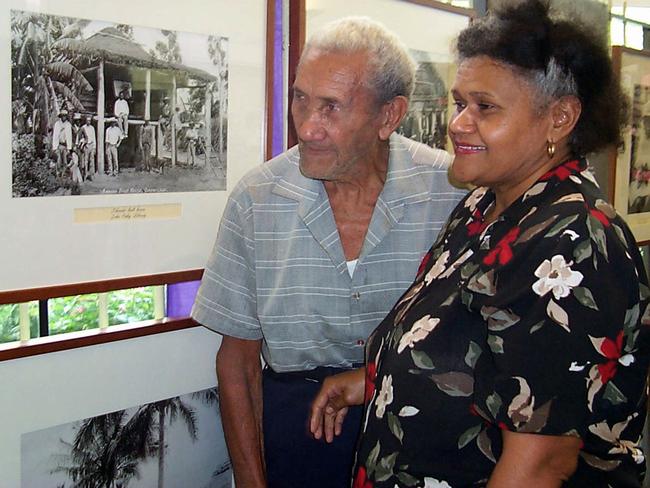
Former Queensland agriculture minister and retired Labor member for Mackay, Tim Mulherin, who befriended Cedric Andrew, played a key role in convincing the Queensland Parliament to recognise South Sea Islanders in the 1990s while serving with the Goss government.
Mulherin says Cedric was an exemplar of Mackay’s South Sea Islander population, which had made an extraordinary contribution not just to the sugar industry but to the community’s cultural, sporting and religious evolution.
“Cedric was a true gentleman and a devoted Christian,’’ Mulherin says. “There is no doubt the South Sea Islanders are a deeply spiritual people.”
Numerous other Queensland politicians – both serving and retired – have, for decades, lent support to wider recognition of Australia’s South Sea Islander community, of which Mackay is a focal point, with about 30 per cent of the country’s South Sea Islander population.
They include the present LNP member for the Mackay-based seat of Dawson, George Christensen, and the former Labor member for the federal seat of Bundaberg-based Hinkler, Brian Courtice.
Courtice has, for several decades, studied the history of the blackbirding trade, and his farm outside Bundaberg is the site of a mass grave for South Sea Islanders, many of whom were buried where they fell in the canefields.
He says his research proves there was an element of slavery involved in the recruitment and retention of South Sea Islanders, even if the slavery was not carried out in an institutionalised sense.
“There is certainly documented proof from that period that they were treated as slaves, yet the contribution they made to this state is akin to the contribution the slaves of America’s South made to the United States economy through the 18th and 19th centuries,’’ Courtice says.
“We have never properly recognised this.
“It’s time we did.’’


